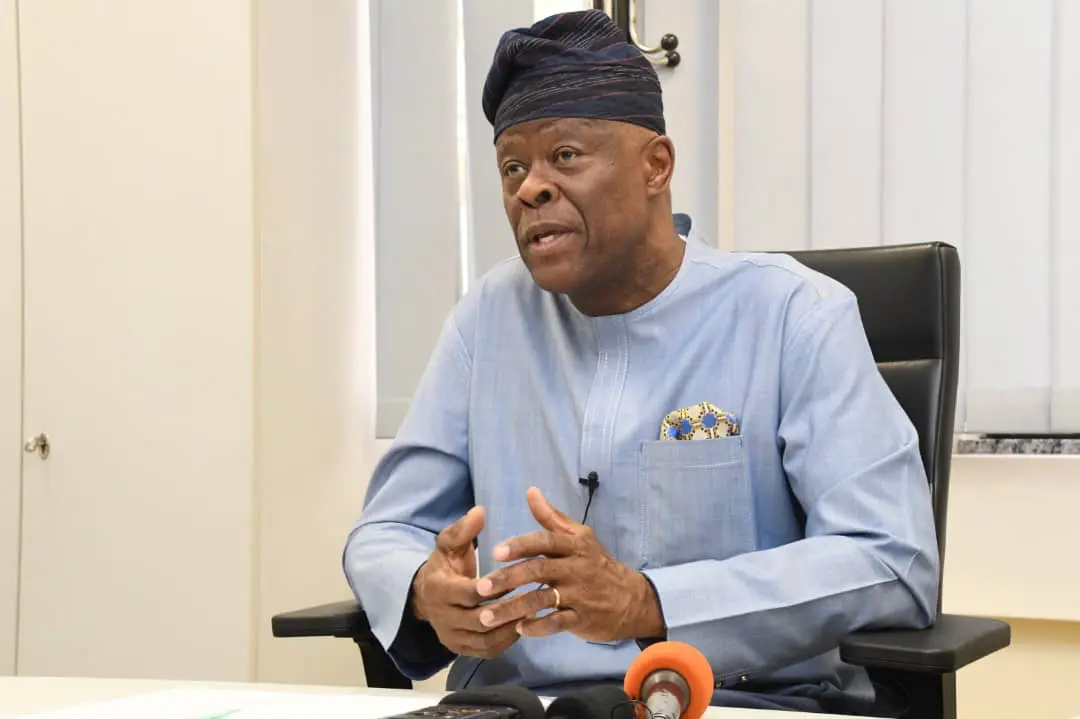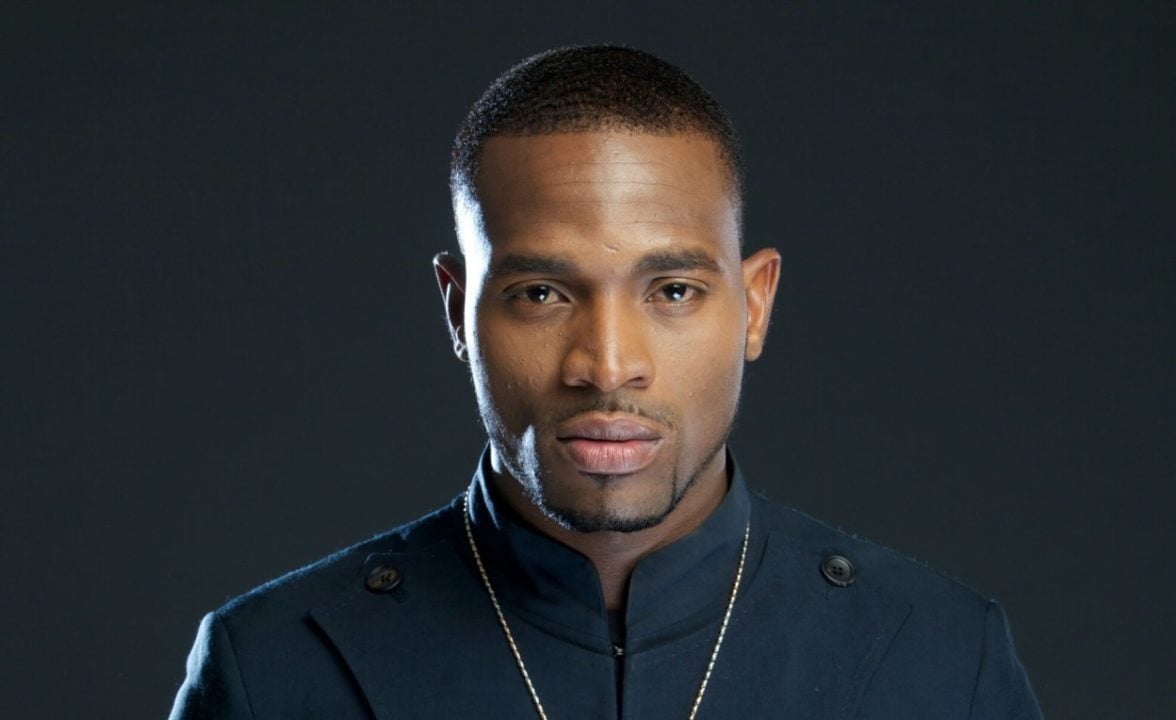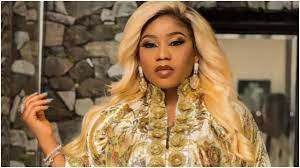BY EUNICE OTU UKAMAKA
The workplace has long been a space where professionalism is highly valued, shaping norms and expectations regarding employees’ appearance. However, one aspect that has faced scrutiny is the natural Afro hairstyle, with some perceiving it as unprofessional. It is essential to challenge these stereotypes, promote inclusivity, and celebrate the diverse beauty of natural hair.
Historical Context: Historically, natural Afro hairstyles have been stigmatized, influenced by a Eurocentric beauty standard that perpetuated straight hair as the epitome of professionalism. This bias has roots in colonial history, where Eurocentric features were considered superior. As society evolves, it’s crucial to break free from such outdated ideals.
Cultural Significance: Natural Afro hairstyles are deeply rooted in cultural identity and have significant meaning for many individuals. They serve as a form of self-expression, connecting individuals to their heritage, history, and a sense of pride. Fostering an inclusive work environment involves acknowledging and appreciating these cultural aspects.
Professionalism Redefined: The perception of professionalism needs to evolve to embrace diversity and authenticity. Judging someone’s competence based on their hairstyle is not only outdated but also undermines the importance of skills, qualifications, and contributions an individual brings to the workplace. Professionalism should be measured by one’s conduct, expertise, and commitment.
Legal Implications: In many regions, discriminating against natural Afro hairstyles has led to legal interventions. Laws have been enacted to prevent workplace discrimination based on race, which includes protection against bias related to natural hair. Employers must be aware of and comply with these regulations to foster a fair and inclusive work environment.
Educating and Raising Awareness: Promoting diversity education and raising awareness about the cultural significance of natural Afro hairstyles can contribute to breaking down stereotypes. By fostering understanding and appreciation for diverse hair textures and styles, workplaces can create an environment where individuals feel accepted and valued.
Corporate Initiatives: Forward-thinking companies are implementing policies that explicitly prohibit discrimination based on hairstyles. These initiatives help create a culture that embraces diversity and encourages employees to bring their authentic selves to the workplace. Such efforts demonstrate a commitment to inclusivity and equal opportunities.
Conclusion: Addressing the perceived unprofessionalism of natural Afro hairstyles in the workplace is a crucial step toward creating a more inclusive and diverse professional environment. By challenging stereotypes, redefining professionalism, and implementing supportive policies, we can foster workplaces that celebrate authenticity and respect the rich cultural tapestry that makes up our global workforce.

















